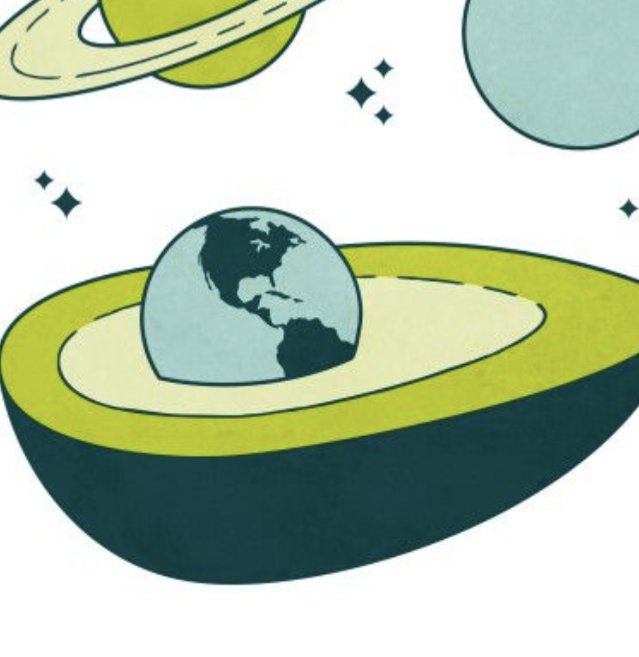As musicians, politicians and fans remember Sinead O’Connor, some Muslims are disappointed that the Irish singer and lifelong activist’s religious identity is not being highlighted in tributes.
UK police on Wednesday said the 56-year-old was found unresponsive in her London residence on Wednesday and that there her death was not being treated as suspicious.
Since the news of her death, Muslim fans of the 90s superstar have said her conversion to Islam, a cornerstone of her identity, was inspiring, but that some media reports have failed to note her religious beliefs in obituaries.
O’Connor, whose chart-topping hit “Nothing Compares 2 U” helped her reach global stardom, converted to Islam in 2018.
“This is to announce that I am proud to have become a Muslim. This is the natural conclusion of any intelligent theologian‘s journey. All scripture study leads to Islam. Which makes all other scriptures redundant,” the songstress tweeted on October 19, 2018.
At that time, O’Connor tweeted selfies donning the Muslim headscarf, the hijab, and uploaded a video of her reciting the Islamic call to prayer, the azan.
She took on the Muslim name Shuhada’ Davitt – later changing it to Shuhada Sadaqat – but continued to use the name Sinead O’Connor professionally.
One social media user said imagery of the singer without the hijab points to the glaring lack of Muslim reporters in newsrooms.
Meanwhile, some said that O’Connor was an inspiration for queer Muslims globally.
In 2000, she came out as a lesbian during an interview. But the singer, who was married to multiple men throughout her life, later said that her sexuality was fluid and that she did not believe in labels.
Some found joy in O’Connor’s conversion growing up, seeing themselves represented, while others, just learning about her Muslim identity at the news of her death, also took inspiration.
O’Connor was no stranger to controversy.
A lifelong nonconformist, she was outspoken about religion, feminism, and war, as well as her own addiction and mental health issues.
In 2014, she refused to play in Israel.
“Let’s just say that, on a human level, nobody with any sanity, including myself, would have anything but sympathy for the Palestinian plight. There’s not a sane person on earth who in any way sanctions what the f*** the Israeli authorities are doing,” she told Hot Press, an Irish music magazine.
Her iconic shaved head and shapeless wardrobe defied early 90s popular culture’s notions of femininity and sexuality.
In 1992, she ripped up a photo of Pope John Paul II during a television appearance on Saturday Night Live, vocal against the Catholic Church’s history of child abuse.
The late former star was also a firm supporter of a united Ireland, under which the United Kingdom would relinquish control of Northern Ireland.
This is the natural conclusion of any intelligent theologian‘s journey. All scripture study leads to Islam. Which makes all other scriptures redundant
What? Very interested to how she came to that conclusion, considering that the New Testament basically invalidates Islam as the Qur’an claims the New Testament agrees with it and holds it in judgement
Listen, I love Sinead, but she had some serious mental health issues. She became a catholic priest after lambasting the catholic church over child sexual abuse, then left the catholic church, then converted to Islam in 2018? I think if we want to completely divulge every single issue she had in her life, it does a disservice to her memory. From my perspective, there’s no reason other than mania that I can think of why someone like her would convert to a faith like Islam.
Islam as religious text basis doesn’t really differ in a bad way from the other two Abrahamic religions. It even gives some extra rights to women that Christianity and Judaism don’t. Forcing hijab on women is also expressively banned in Islamic theological texts. Doesn’t change how it works in practice as forced hijab is pretty common in fundamentalistic Islamic theocracies. But might explain why converting is a little bit less insane than at the surface level. If I had to choose one of the Abrahamic religions on a purely theological basis I might end up choosing Islam. Please note, I am not trying to give a pass to Islam, Islamic countries or especially fundamentalist Muslims. The issues are myriad. People outside Islamic countries just have a somewhat skewed image of the religion. Both in theory and practice.
Islam has a completely different God to Christianity. Despite both being monotheistic, Christianity worships a triune God and believes that Jesus was a personage of God. It also rejects Jesus’ death and other historical knowledge of Jesus.
It also completely invalidates Islam in the eyes of the Qur’an
I have to admit that I always thought she was agnostic, if not atheist, from that Pope stuff.
I idly wonder why a gay feminist would convert to Islam. Aren’t those things incompatible? Is this my ignorance showing? Are there sects of Islam that are more open minded, like there are sects of Christianity?
In short, yes, Islam varies a lot based on the actual community you’re a part of. Few places are as extreme as Afghanistan, even if you look at other conservative theocracies. When you’re looking at Muslim communities in Western Europe, it’s a very different situation.
She herself seemed to lack this sort of nuance. She refused to play in Israel, for example, effectively accusing and dismissing an entire nation as oppressors.
I suspect she was, deep down, not a particularly reflective person. We all know people like these. Feel a feeling, act on it immediately, and maaaybe consider the implications and consequences later. Maybe. Or just double down, and never dare to truly look at yourself in the mirror.
It’s unfortunate because these types of people also sometimes turn out to be incredible artists. I assume it’s the combination of talent plus the ability (/curse?) to experience raw feelings much more strongly than the rest of us.
Well, TIL a few things. Thanks.
Additionally, most of the world’s Muslims don’t live in the Middle East or North Africa. South and and Southeast Asia combined have by far the largest Muslim population in the world. India, Bangladesh, Pakistan, Malaysia, Indonesia, etc. And the way they practice Islam is quite different from the Middle East and North Africa. According to Wikipedia, there are about 241 million in Pakistan, 236 million in Indonesia, about 200 million in India, and 151 million in Bangladesh.
Outspoken non-conformist feminist conforms and converts to Islam, declaring all other religions worldwide, wrong and invalid. Could almost be an Onion article title.
Sky daddy issues.
Let’s help people remember her Muslim identity then, I’ll start:









